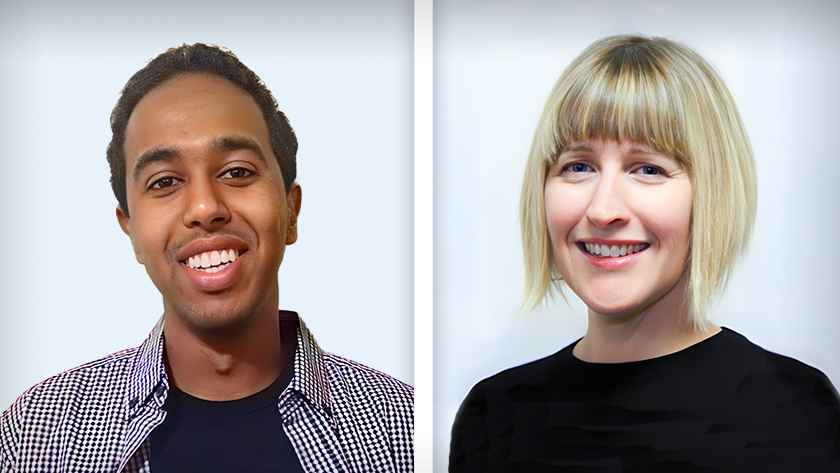
A survey of cancer patients during the second year of the COVID-19 pandemic revealed that most patients did not experience treatment delays. The study was led by Dr. Janet Papadakos, a Scientist at The Institute for Education Research (TIER).
The survey was sent to patients at a Toronto cancer centre in the fall of 2021. Of the 1760 individuals that completed the survey, the median age was 64 years old and about half were female. The majority had solid-tumour cancers and three out of five participants had attended virtual appointments. At the time of the survey, 17% were still receiving treatment and 60% were in follow-up.
The survey results showed that participants generally had accurate knowledge of COVID-19—they often relied on television and public health press releases as sources of information. The survey results also indicated that participants did not believe that they would contract the coronavirus by coming to the cancer centre.
The survey also revealed that patients observed preventative practices to control infection, including high rates of vaccination. Although they also reported that the pandemic had moderately impacted their mental health, most of the participants felt optimistic that the pandemic could be controlled successfully.
"It's encouraging to see that 63% of the participants reported no treatment delays and that attitudes towards managing the pandemic were more optimistic than those reported in a similar survey from previous year," says Dr. Papadakos.
“However, throughout the survey, participants with lower incomes, lower education backgrounds, lower health literacy, as well as those who were non-white, and those that did not speak English as a first language, were less likely to answer questions.” This suggests that the survey results may be limited by the demographics of who went on to complete it.
These survey results have provided valuable insights into the experiences of cancer patients during the second year of the COVID-19 pandemic. They have also revealed gaps in knowledge associated with racial minorities and low-income patients. Future studies must address the needs of the most disadvantaged patients—those who have been disproportionately affected by the pandemic.
This work was supported by The Princess Margaret Cancer Foundation. Dr. Janet Papadakos is the senior author of the study and a Scientist at The Institute for Education Research (TIER). She is an Assistant Professor (Status-Only) at the Institute of Health Policy, Management and Evaluation, University of Toronto.
Ugas MA, Avery L, Wang Y, Berlin A, Giuliani ME, Krzyzanowska M, Papadakos TJ, Quartey NKL, Samoil D, Papadakos JK. COVID-19 and Cancer Patients in the Second Year of the Pandemic: Investigating Treatment Impact, Information Sources, and COVID-19-Related Knowledge, Attitudes and Practices. Curr Oncol. 2022 Nov 18. doi: 10.3390/curroncol29110701.




